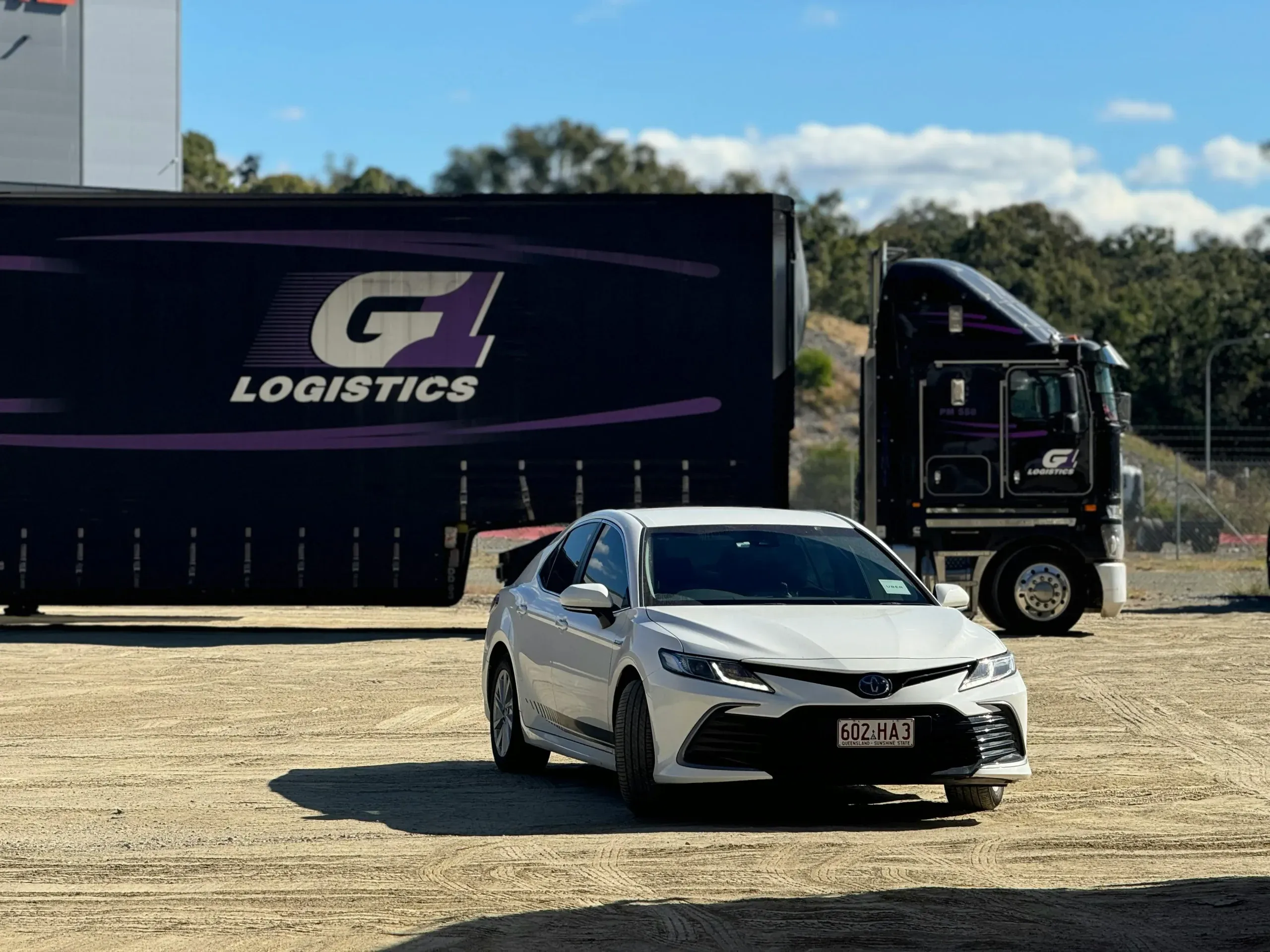Introduction
Shipping a car across state lines can be a complex process, with different states enforcing their own rules and regulations. Whether you are moving, buying or selling a vehicle, or operating a car shipping business, understanding state-specific auto transport laws is essential to avoid legal pitfalls and delays. This comprehensive guide outlines federal and state regulations, insurance requirements, licensing rules, and key regulations across the United States.
Federal vs. State Car Shipping Regulations
Before delving into individual state laws, it is crucial to understand the role of federal regulations in auto transport. The Federal Motor Carrier Safety Administration (FMCSA) and Department of Transportation (DOT) oversee national vehicle shipping laws. However, each state may impose additional rules concerning emissions, safety inspections, transport permits, and licensing. Key federal requirements include:
- FMCSA registration for all auto transport carriers.
- DOT number and Motor Carrier (MC) number for identification.
- Minimum insurance coverage for auto transporters.
Despite these overarching regulations, state laws vary significantly and must be reviewed before shipping a vehicle.
Key Car Shipping Regulations Across States
Each state has its own set of rules regarding vehicle shipping. Below are some of the most common areas where regulations differ:
1. Vehicle Registration & Title Requirements
- Some states require updated registration before a car can be shipped.
- Certain states mandate a title transfer if the vehicle is changing ownership across state lines.
2. Insurance Requirements for Transported Vehicles
- While federal law requires transport companies to carry liability insurance, some states have stricter requirements.
- Some states demand additional comprehensive coverage for vehicles in transit.
3. State-Specific Auto Transport Licensing
- A few states require additional state-level licensing for car shipping companies beyond the federal FMCSA registration.
- Transport brokers and carriers may have different licensing obligations.
4. Emissions & Safety Inspections
- States such as California have stringent emissions laws that must be met before a car is registered after transport.
- Some states require a safety inspection before allowing a vehicle to be operated.
5. Temporary Tags & Permits for Transported Vehicles
- If a vehicle is being shipped without a permanent registration, a temporary tag or permit may be needed.
- Some states issue short-term permits specifically for vehicle transport.
Notable State-Specific Car Shipping Rules
While many states have similar regulations, a few stand out due to stricter or unique requirements.
California
- Requires compliance with the California Air Resources Board (CARB) emissions standards.
- Auto transporters must adhere to strict licensing and business operation laws.
New York
- Unloading restrictions in major cities limit where transport trucks can park.
- Higher minimum insurance requirements for car transporters.
Texas
- No state-mandated emissions inspections for shipped vehicles.
- A popular destination for both open and enclosed auto transport.
Florida
- Seasonal population changes (snowbirds) impact shipping demand and regulations.
- Registration is required for extended stays.
Illinois
- Requires title and lienholder verification before shipment to prevent fraud.
Other Noteworthy States
- Washington, Arizona, Pennsylvania, and North Carolina have additional auto shipping regulations to be aware of.
Common Challenges When Shipping a Car Across States
- Unexpected legal hurdles when crossing state lines.
- Toll road policies that differ from state to state.
- Transport restrictions on specific highways and urban areas.
Tips for Complying with State Auto Transport Regulations
- Research regulations before booking auto transport services.
- Verify that the transport company is fully licensed and insured.
- Check with state DMVs for the latest updates on laws and requirements.
- Ensure paperwork (title, registration, insurance) is in order before shipping.
- Consider enclosed transport for higher-value vehicles in states with harsh weather.
Conclusion
Navigating state-by-state car shipping regulations can be challenging, but understanding the rules helps ensure a smooth process. Whether you are an individual moving to a new state or a business shipping multiple vehicles, working with a reliable, FMCSA-registered auto transport company can make compliance easier. Always check official state DMV websites for the most up-to-date legal requirements before shipping your vehicle.
FAQs
1. Do I need to update my car registration before shipping it to another state? Some states require an updated registration before transport, while others allow temporary permits. Always check with your destination state's DMV. 2. How do I check if my auto transport company is legally authorized? Verify the company's FMCSA registration and DOT number. Reputable companies should provide this information upfront. 3. Are there states with stricter car shipping laws than others? Yes. California, New York, and Florida are known for more stringent regulations regarding emissions, insurance, and unloading restrictions. 4. What happens if my car is transported without meeting state regulations? Your vehicle could be held at the border, subject to fines, or require additional documentation before being released. 5. Where can I find official state-specific auto transport laws? Visit the Department of Motor Vehicles (DMV) website for each state or check with the FMCSA for federal guidelines.



